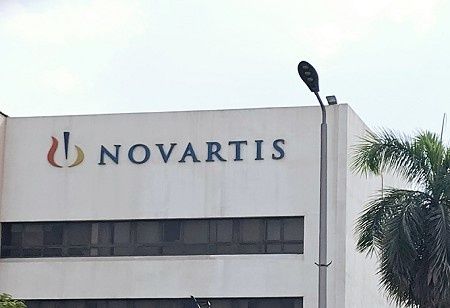India Pharma Outlook Team | Wednesday, 13 August 2025

Novartis has announced positive top-line data from its Phase III NEPTUNUS-1 and NEPTUNUS-2 trials in active adult Sjögren's disease patients to assess ianalumab (VAY736) efficacy. The global, multicenter trials both achieved their primary endpoint with statistically significant systemic disease activity improvements, as measured by decreases in the EULAR Sjögren's Syndrome Disease Activity Index (ESSDAI), versus placebo.
Ianalumab, an antibody composed of human monoclonal, evokes both B-cell depletion by means of ADCC and BAFF-R inhibition, having two different mechanisms against B cells. The medication was well tolerated during the trials with an acceptable safety profile.
Sjögren's disease is an autoimmune, systemic chronic illness that affects the exocrine glands most frequently and may result in dry mouth and eyes, fatigue, and pain as well as extraglandular organ involvement in up to 40% of patients. No systemic treatment of the disease is currently approved, a particularly important unmet medical need.
Also Read: How PLI Scheme is Reshaping India's Drug Production Future
"Both phase III trials show that ianalumab increases Sjögren's disease activity in patients," said Shreeram Aradhye, M.D., Novartis President of Development and Chief Medical Officer. "These data are an important milestone, and we look forward to discussing with health authorities eagerly."
Novartis intends to publish the NEPTUNUS data at a future medical congress and submit resubmissions to regulators globally. Ianalumab, US FDA Fast Track designated, also is being developed for additional B cell–mediated autoimmune conditions such as systemic lupus erythematosus, lupus nephritis, immune thrombocytopenia, warm autoimmune hemolytic anaemia, and diffuse cutaneous systemic sclerosis.
Approved, ianalumab would be the first targeted therapy for Sjögren's disease patients.